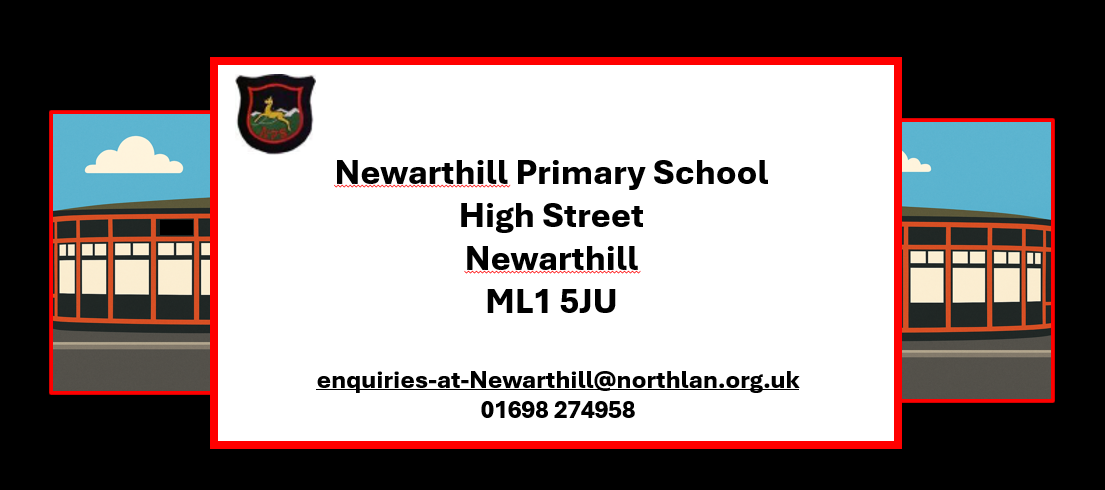Mathematical ideas and language are related to real-life situations so that children recognise the relevance of mathematics to the solving of problems.
A variety of resources and materials are used to support teaching and learning as appropriate to the needs of learners. An essential feature of teaching and learning is the importance placed on practical and interactive activities that are designed to promote understanding of mathematical concepts.
Children discuss learning intentions at the beginning of lessons and at plenary sessions where they have the opportunity to assess their lessons. Mental maths is practised daily through our whole school implementation of Number Talks. Every classroom has an interactive board which is used to support learning.
At every stage in the school, children will spend time on practical tasks involving –
- INFORMATION HANDLING.
- NUMBER, MONEY, MEASUREMENT.
- SHAPE, POSITION, MOVEMENT.
- PROBLEM SOLVING
Mathematics includes specific aspects of numeracy which will be developed both in mathematics and through activities in other areas of the curriculum.
Putting mathematical knowledge and understanding to constructive use has been one of the decisive factors in shaping societies.
Engineering, science, technology and business rely upon mathematics and continue to find new applications for mathematics.
Cultural development and artistic endeavour are influenced by mathematics.
Each of us uses mathematical skills and concepts in everyday life.
To face the challenges of the 21st century, each young person needs to have confidence in using mathematical skills, and Scotland needs both specialist mathematicians and a highly numerate population.
Learning through mathematics enables children and young people to:
- develop essential numeracy skills, including arithmetical skills which allow them to participate fully in society
- develop a secure understanding of the concepts, principles and processes of mathematics and apply these in different contexts, including the world of work
- have an understanding of the application of mathematics, its impact on our society past and present, and its potential for the future
- establish firm foundations for further specialist learning, including for those who will be the mathematicians of the future.


